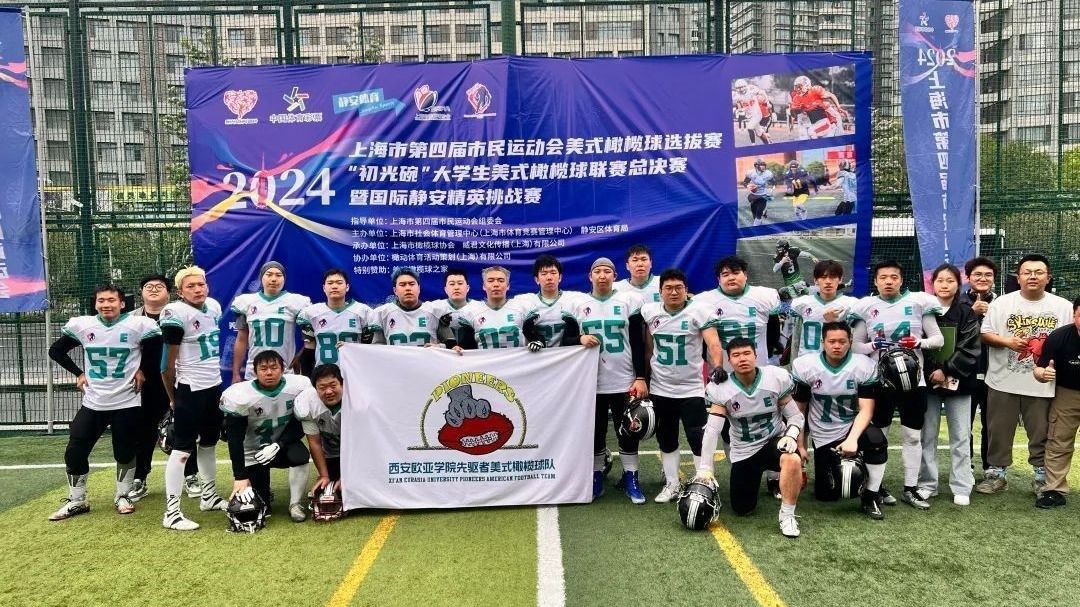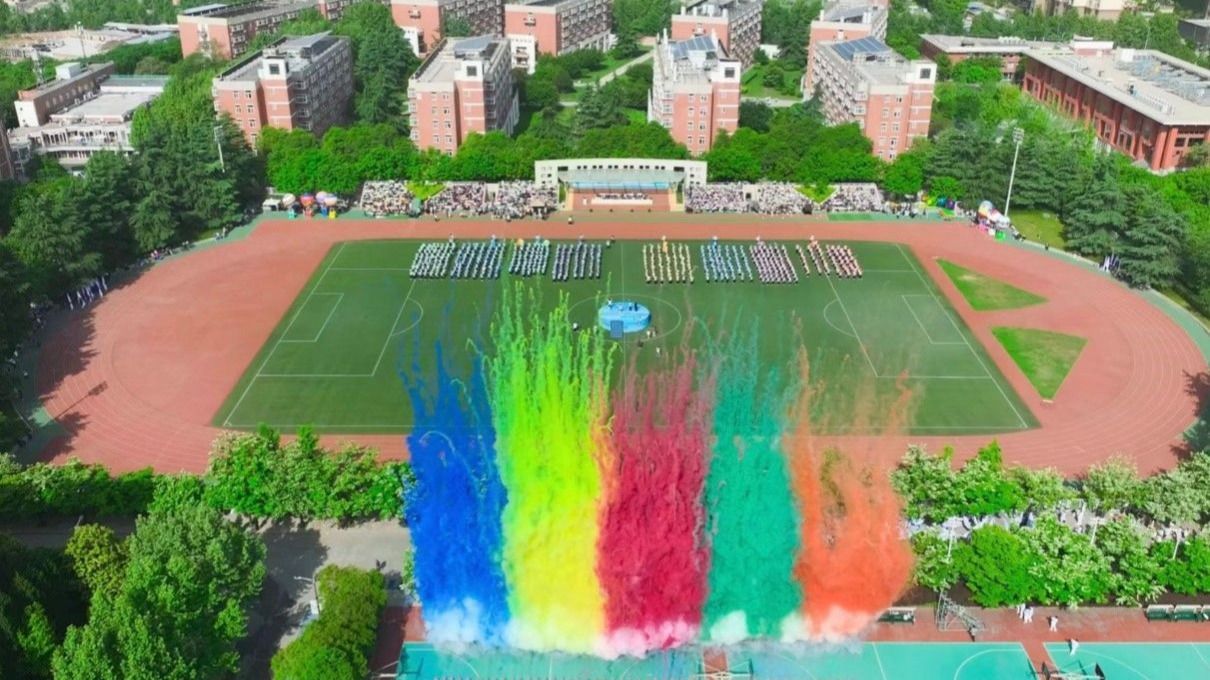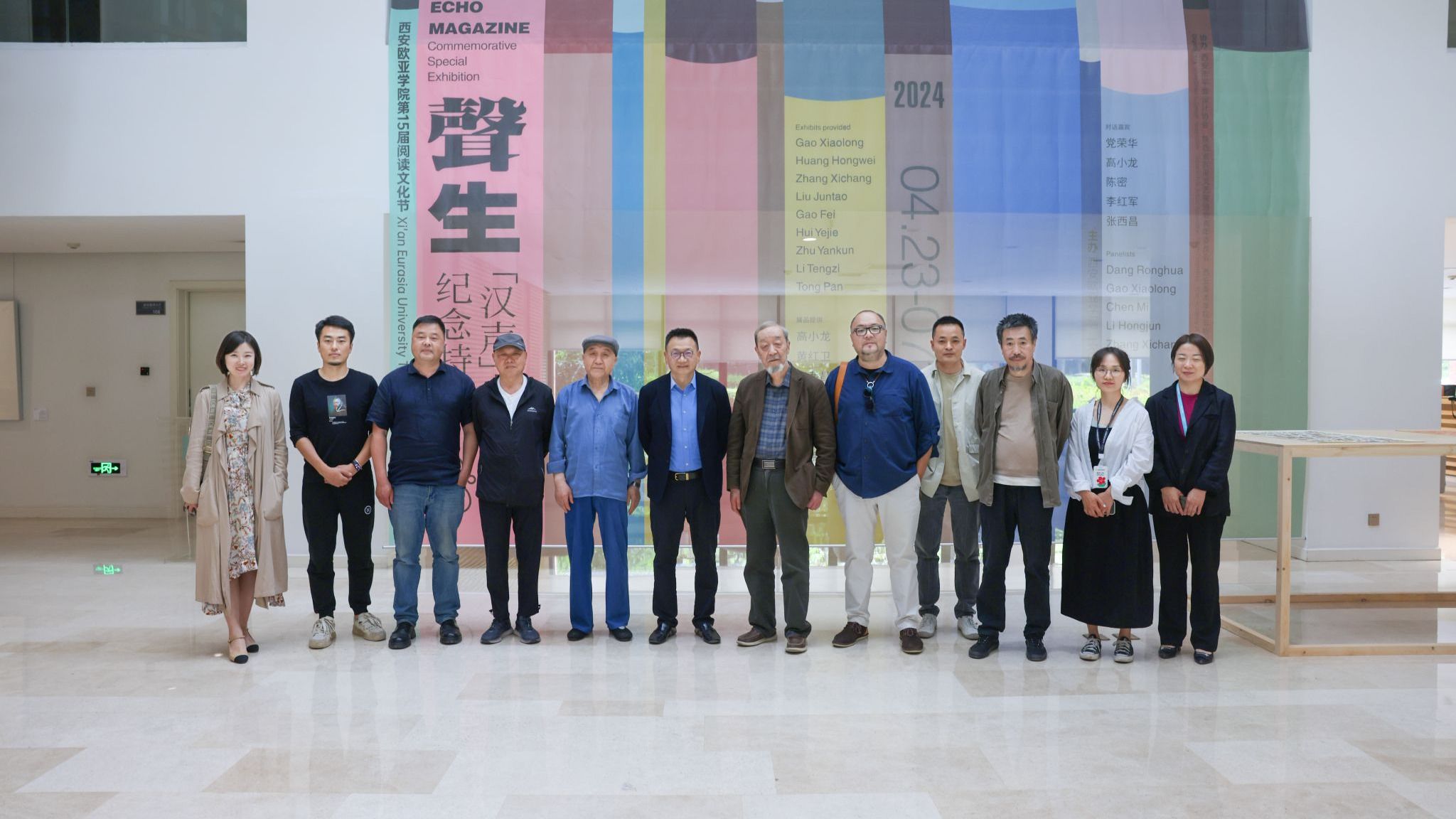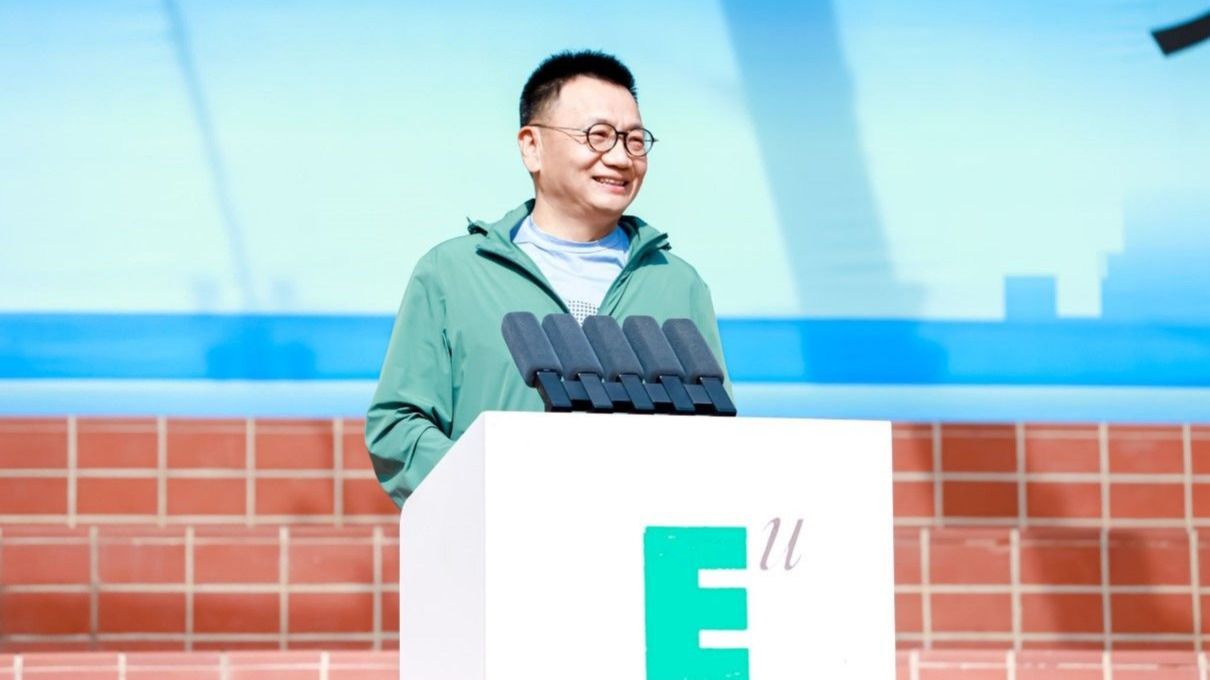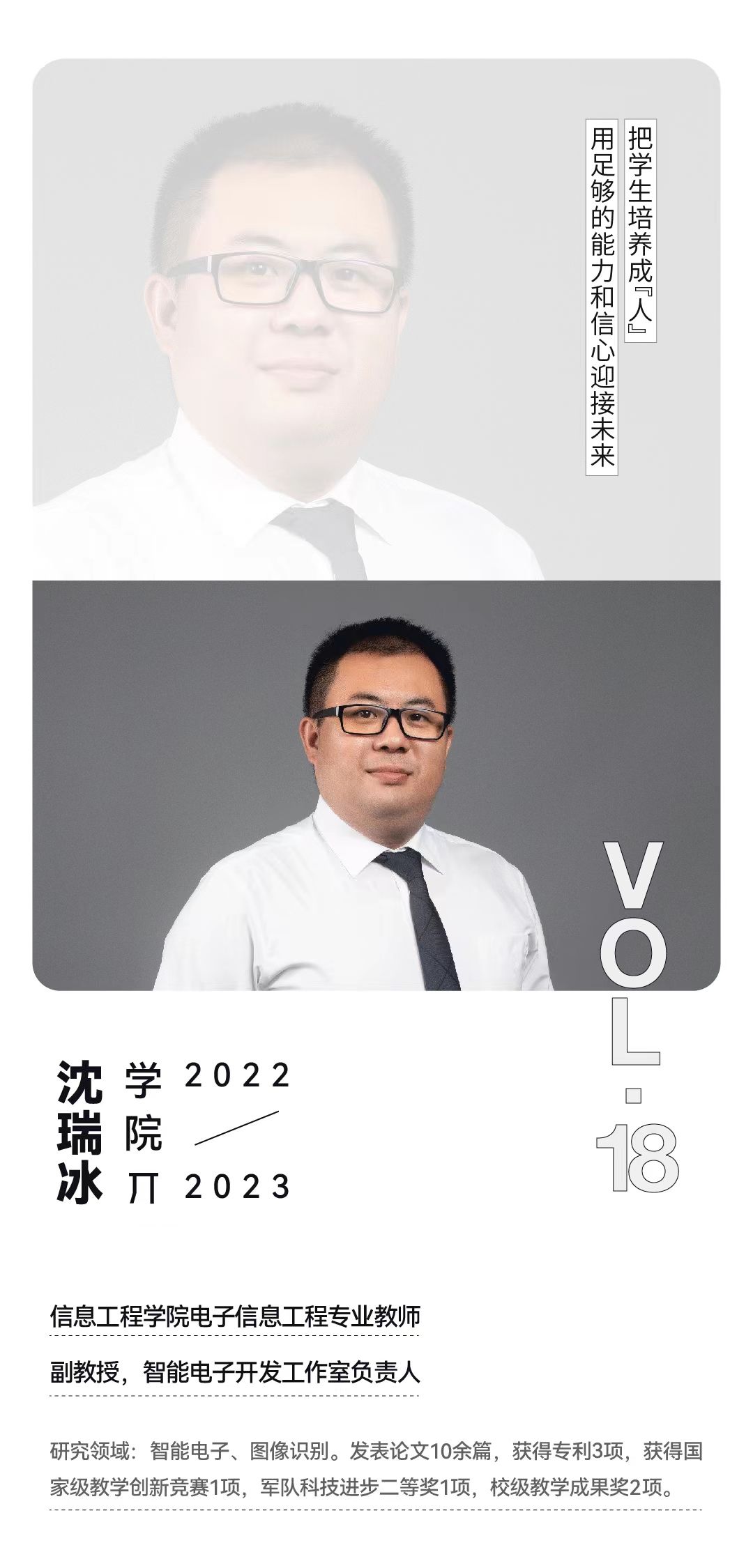
"Microcontroller, short name for monolithic microcomputer and also known as micro control unit, is a microcomputer that integrates the central processor, memory, and various input and output interfaces on an integrated circuit chip." For most people, this term is unfamiliar. In fact, in addition to its wide usage in industrial control systems, microcontroller is also widely used in rice cookers, washing machines, refrigerators and other household appliances, and in the world's Internet blueprint in the near future, microcontrollers and other intelligent hardware devices also occupy an important position.
For Shen Ruibing, this is his most familiar field and the work that he’s specialized in. In the intelligent electronic development studio, he “plays” together with students, starting from a simple LED light, to "robot arms", drones ...... these projects also light up the students' imagination and enthusiasm for the industry. He said, in the face of Industrial Revolution 4.0, the major of Electronic Information Engineering is "born at the right time", and the emergence of new technologies will bring more empowerment to the new engineering education.
01
Master software and programming
Q: What are the special features of the electronic information engineering program at Xi'an Eurasia University?
A: Electronic information engineering is a relatively old profession at Xi'an Eurasia University. One of our training directions currently is intelligent electronics and students in the electronics industry, in fact, can do everything. Another relatively focused direction is the intelligent terminal, in which we have cooperation with Huawei so that students have the opportunity to enter Huawei directly after graduation, which is a very rare opportunity for them.
In terms of student training goals, we have drawn a "talent cultivation tree". The two main branches of this tree are not only the requirements for the major of electronic information engineering, but also the requirements for the students of the School of Information Engineering, that is, "understand hardware and programming". Its branches and leaves are actually the cultivation of various abilities of our students, such as practice, professional knowledge, communication, expression, etc. All other leaves of the tree refer to each course, of course, all of them are inseparable from the roots of the tree.
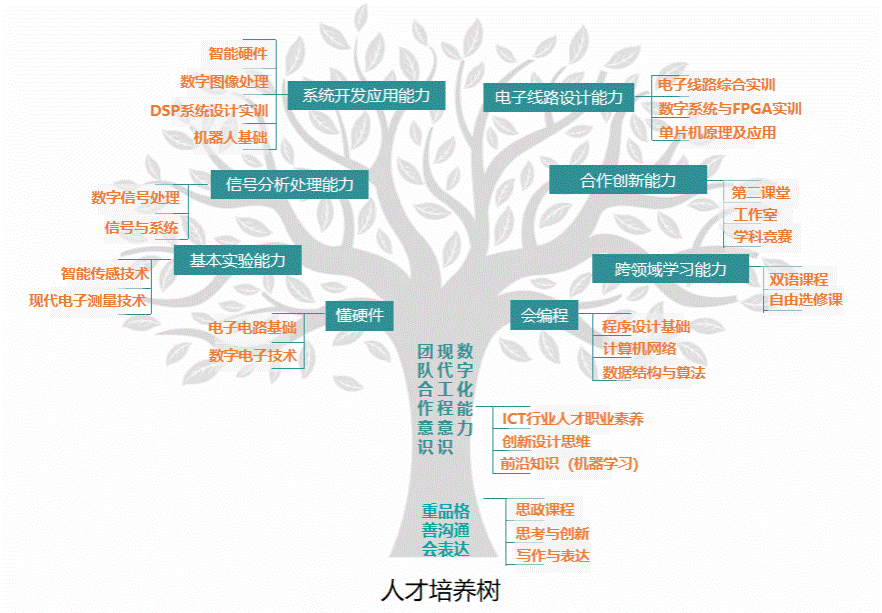
(Fig. 1) Talent Cultivation Tree of Electronic Information Engineering Major
Q: ChatGPT has been widely discussed recently, and some media reported that "ChatGPT has passed the Google software engineer entry test and the position pays $180,000 per year". From a talent cultivation perspective, what challenges do you think this new technology poses for professional disciplines?
A: Electronic information engineering is a profession that learns both hardware and software knowledge of today's intelligent electronic systems, requiring both hard and soft skills, with a slight bias toward hardware learning. ChatGPT is a product of artificial intelligence and electronic information engineering is exactly the hardware support of artificial intelligence. Any artificial intelligence software is inseparable from the hardware environment. Therefore, in the rapid development of artificial intelligence today, the training of electronic information professionals must keep close to the industrial forefront, in order to keep in step with the development. Our students should also feel that they were born at the right time and should brace up to move forward in order to lay a solid professional foundation. In this way can they be at the forefront of the tide in the industrial revolution 4.0 era.
02
Learn through playing and start with lighting a lamp
Q: What courses do you mainly teach?
A: I teach the course "Intelligent Hardware", and also "Automatic Control Theory", which is very theoretical. We use the most popular online and offline hybrid teaching because, in the intelligent hardware course, students should not only learn the theory, but also begin to practice. They are required to build up the hardware environment, write the intelligent program, and then make such an intelligent system function. So we will invite teachers from other universities and experts from enterprises to conduct online teaching through videos. After learning online courses through videos, students will understand some basic theoretical knowledge.
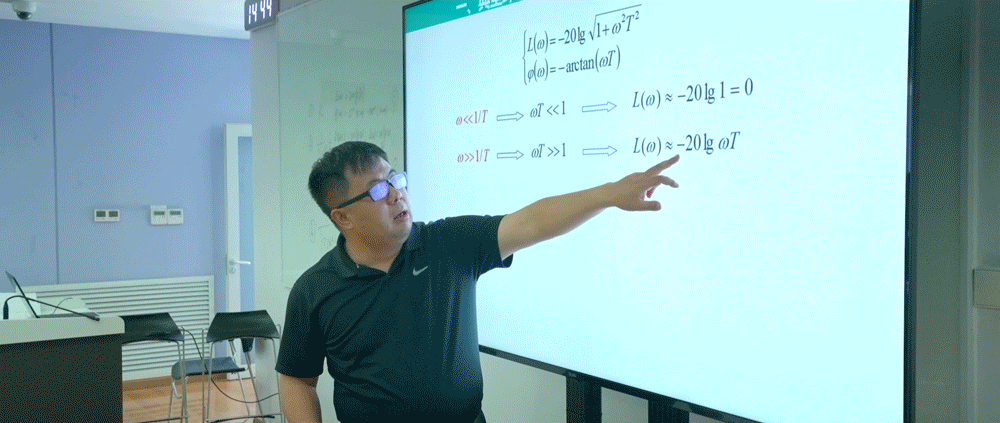
Then, during the offline teaching session, which takes place in the classroom, we can just "play" and take students directly to complete practical projects in the form of experiments, so that they can gain hands-on experience personally.
If a student, even at the very beginning of learning microcontroller, can light a small light, he will be amazed. Then with the depth of learning, he gradually finds that he can not only light a light, but he can also light numerous lights, make the motor rotate, and even make the rotation of the motor drive a curtain. This is the way we bring students along in the classroom to explore and learn and apply their knowledge step by step.
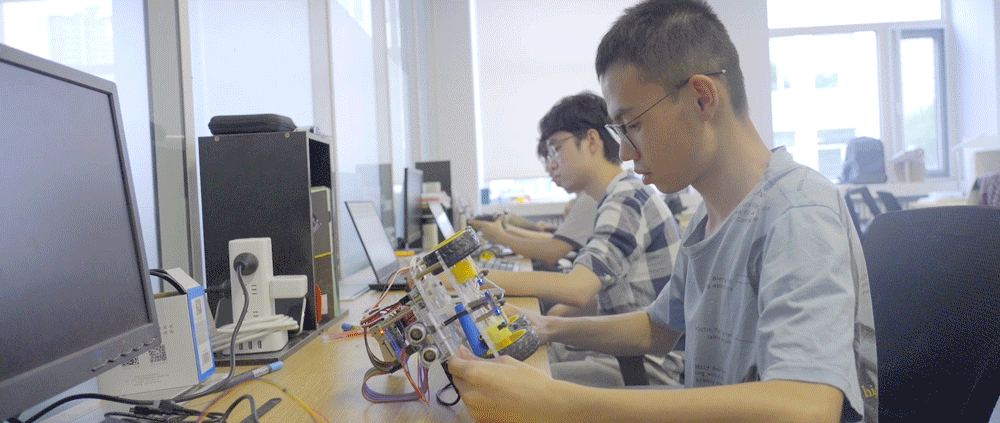
Q: You mentioned that students will learn programming in the course, will students find it difficult when they start?
A: In fact, if you write a program in software, such as Java, the result may be an app on your cell phone, or a program or software on your computer, but in our professional programming, students need to combine it with hardware, such as motors, sensors, circuits, etc. Students need to write the program according to the combination of software and hardware. So from the most basic theoretical level, they are the same thing. Therefore, students may find it difficult in the course, but we, as teachers, have to find ways to make them turn "difficult issues" into "not difficult things", and then into enjoyment.
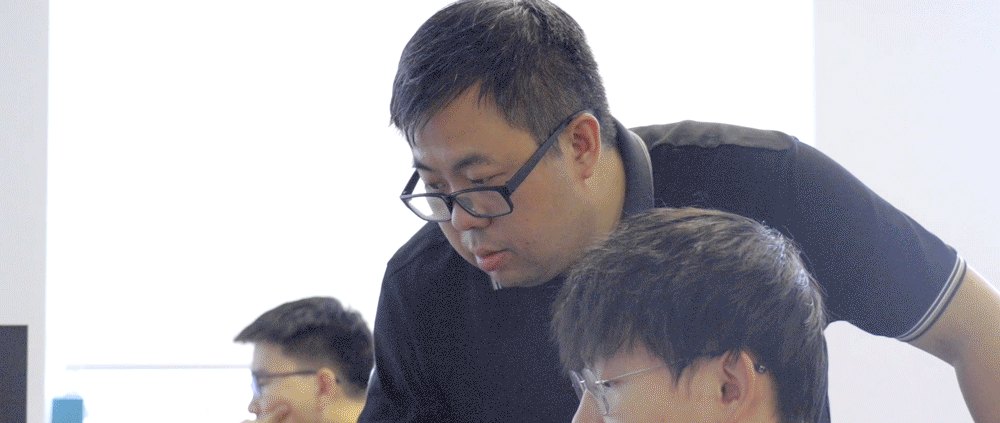
Q: How do you get students to accept difficult courses gradually?
A: We have an intelligent electronic development studio with the main purpose to open up a second class for students, hoping that students can participate in professional learning through "playing". Therefore, our studio will let students continue to learn intelligent hardware based on what they have learned in the classroom, and we will enrich the classroom content. For example, we will turn it into a smart car robot, or a drone. As we provide more and more complex projects, students can understand the process step by step.
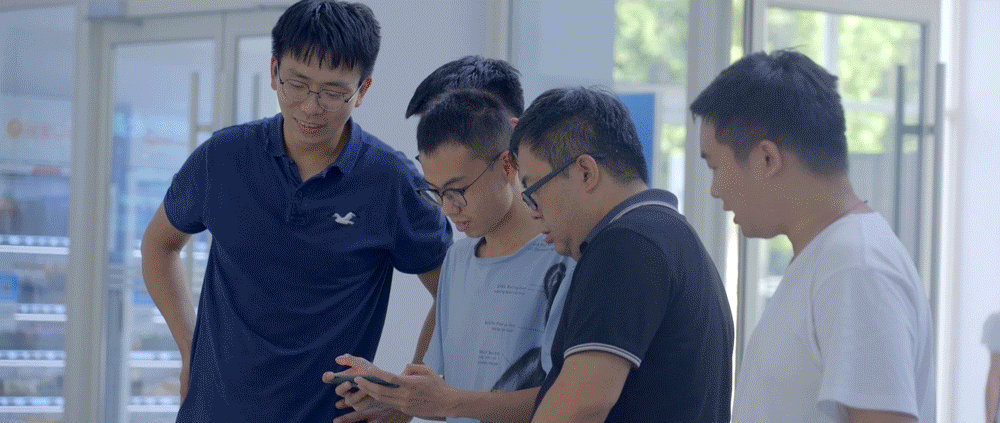
Q: In the intelligent electronic development studio, will students be exposed to more projects directly related to the enterprise and industry for practical training opportunities?
A: Many projects in the studio are developed in cooperation with enterprises, the earliest one is to cooperate with Guangzhou Gec-edu to organize a smart car competition for students. Enterprises also assign many engineers for us to learn. Another type of practical training is that teachers will cooperate with enterprises in developing some related topics or projects, and take students to complete with them so as to provide students with graduation design opportunities. These topics or projects will slowly become their internship opportunities, and eventually may also become their employment opportunities.
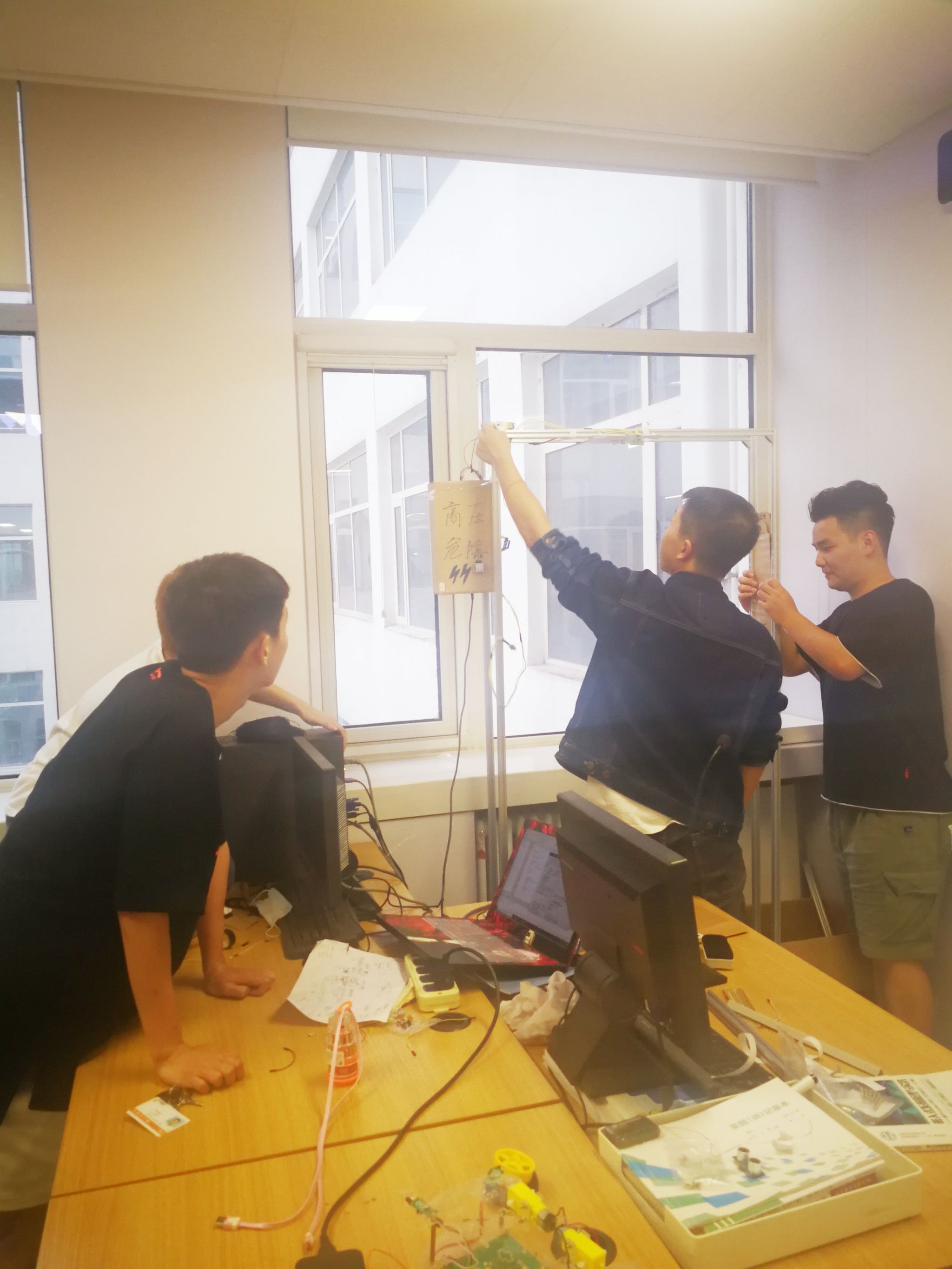
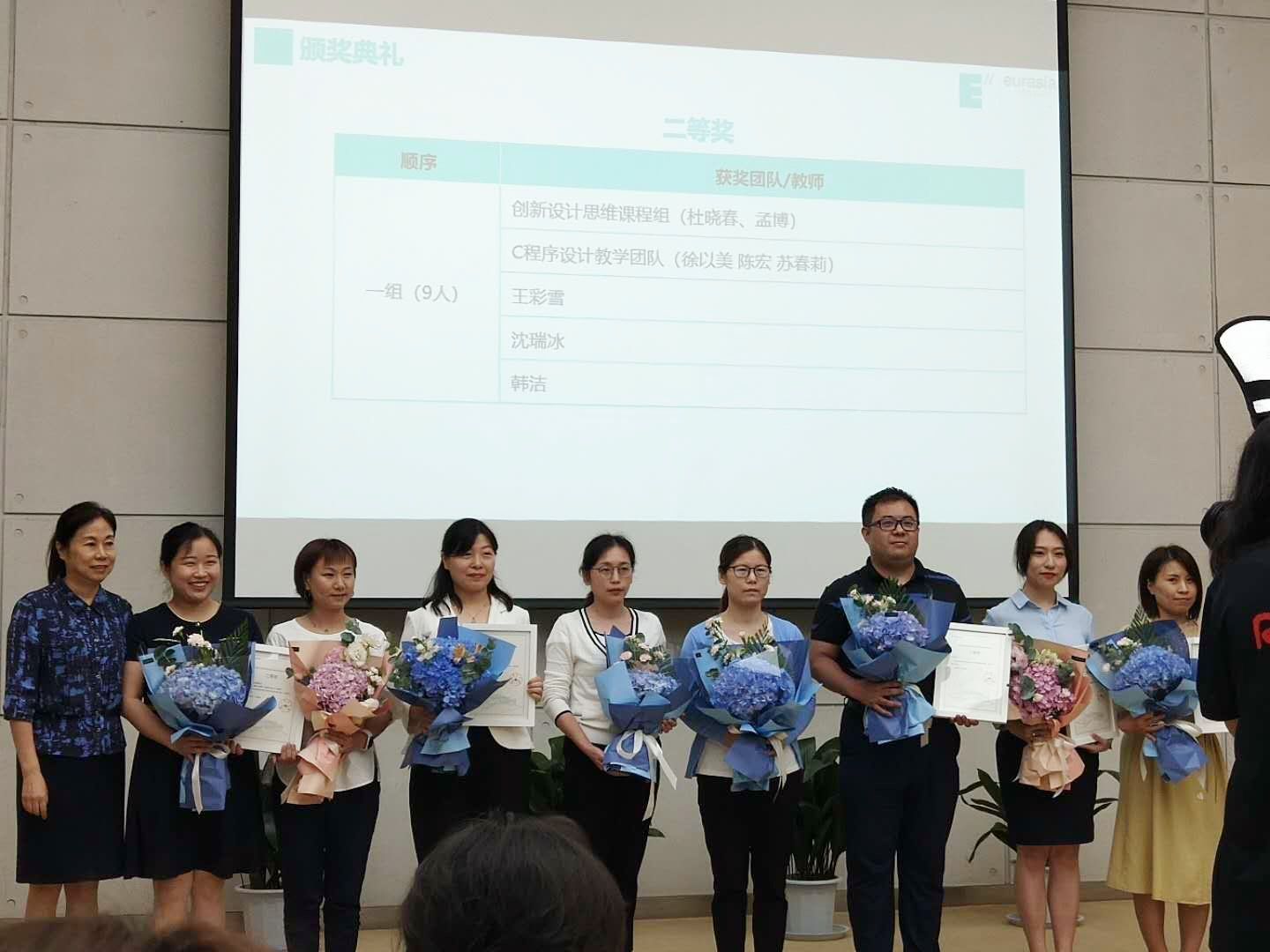
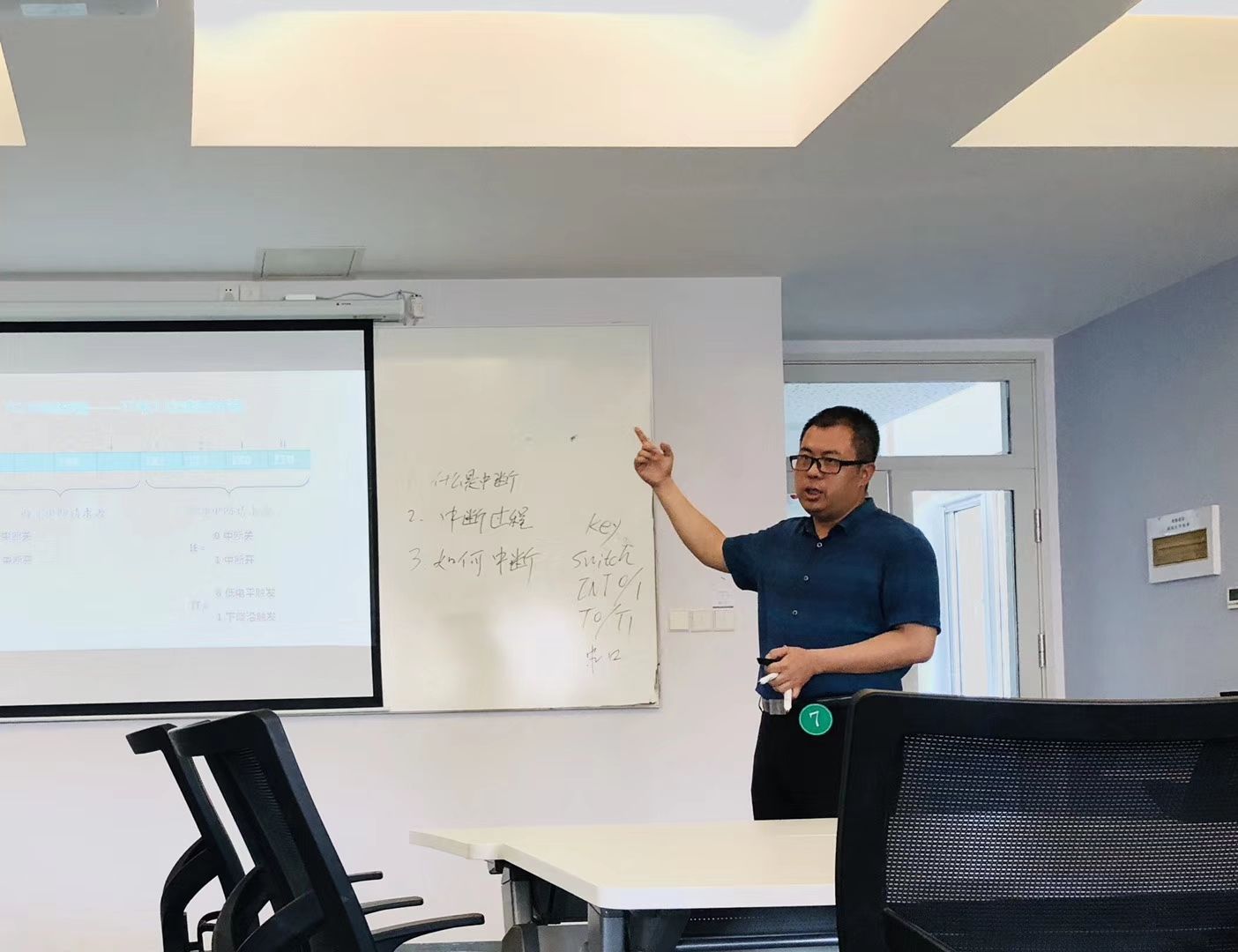
、
Q: I heard that your studio is fully booked every year when you recruit new students, in your opinion, is there something that attracts students to the Intelligent Electronics Development Studio?
A: In fact, I never put out advertisements or posters for recruiting new students, but it is true that the studio is overcrowded every year, and in the words of the students, they fight a "desperate" battle to get into the studio. But I think the reason behind is very simple. Interest is the best teacher, because, to be honest, electronic information engineering is painstaking, whether it is the course theory or practical training, even those contents I mentioned just now that they can learn through "playing". Students can easily feel bored at the beginning, but the knowledge needs to be built up little by little. Like I just said, a light, or maybe a small LED, is a starting point for students to embark on this professional path.
03
"Burn the boats" and "Happiness comes after suffering"
Competition for engineering majors
Q: When did you start to take students to compete?
A: I have been taking students to competitions since I came to Xi'an Eurasia University in 2018, especially 57 competitions for university students promoted in China. Our majors will focus on the Student Electronic Design Competition, "Internet+", Challenge Cup, Lanqiao Cup. We have won national awards in Lanqiao Cup for several years in a row. Also, we won a provincial award in the "Internet+" competition last year and also took the bronze medal in the national final. We take students to competitions from the workshop so that students can be well prepared for the competition, and then they can influence more students after they return to school.
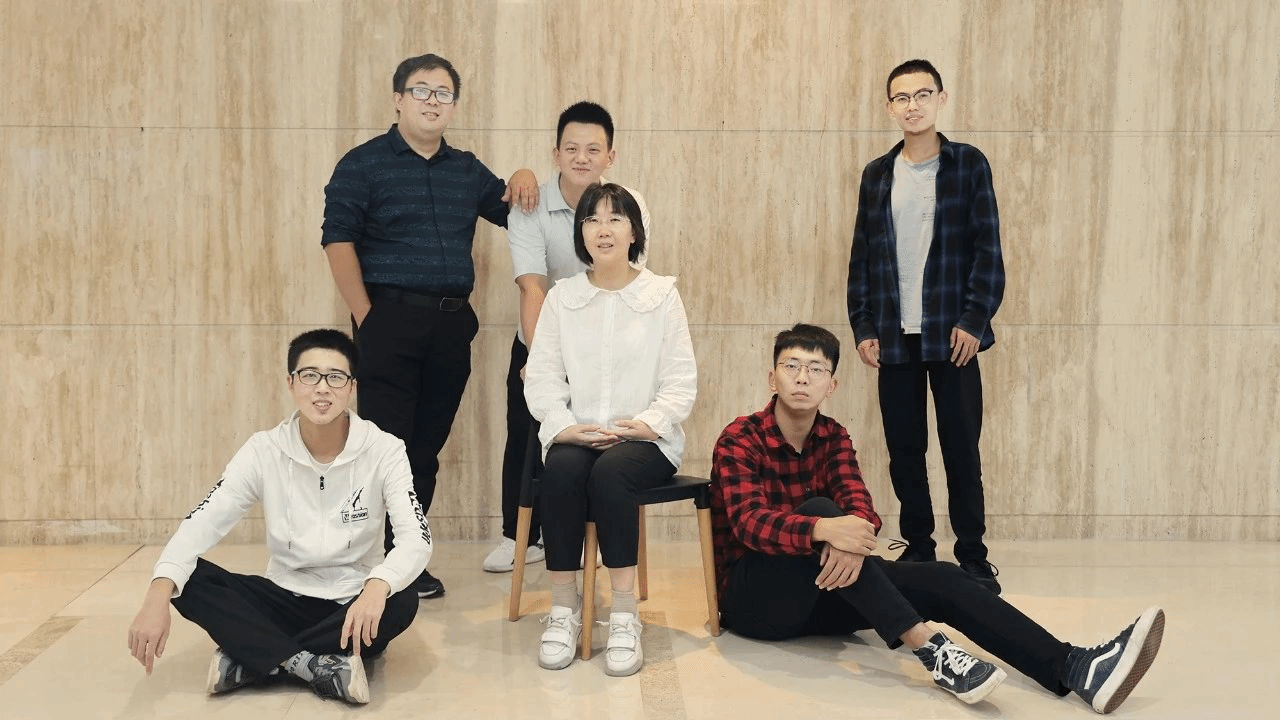
(Fig. 5) "The Hawk-Eye" Stereo Vision for Volume Measurement Project Team
Q: Which projects have you been impressed by so far?
A: That must be the project that we took to compete with other competitors last year called "The Hawk-Eye: Stereo Vision for Volume Measurement Solution". Actually, this project has existed for a long time, as early as the time between 2019 and 2020 when we worked together with Xi'an Fengqun Thinking Co., Ltd. on a project about volume detection of cargo on freight trucks, which is called binocular vision in scientific name. Frankly speaking, it is like making a 3D movie, using two cameras to present the 3D effect. In the project, we also use this camera to measure the cargo volume.
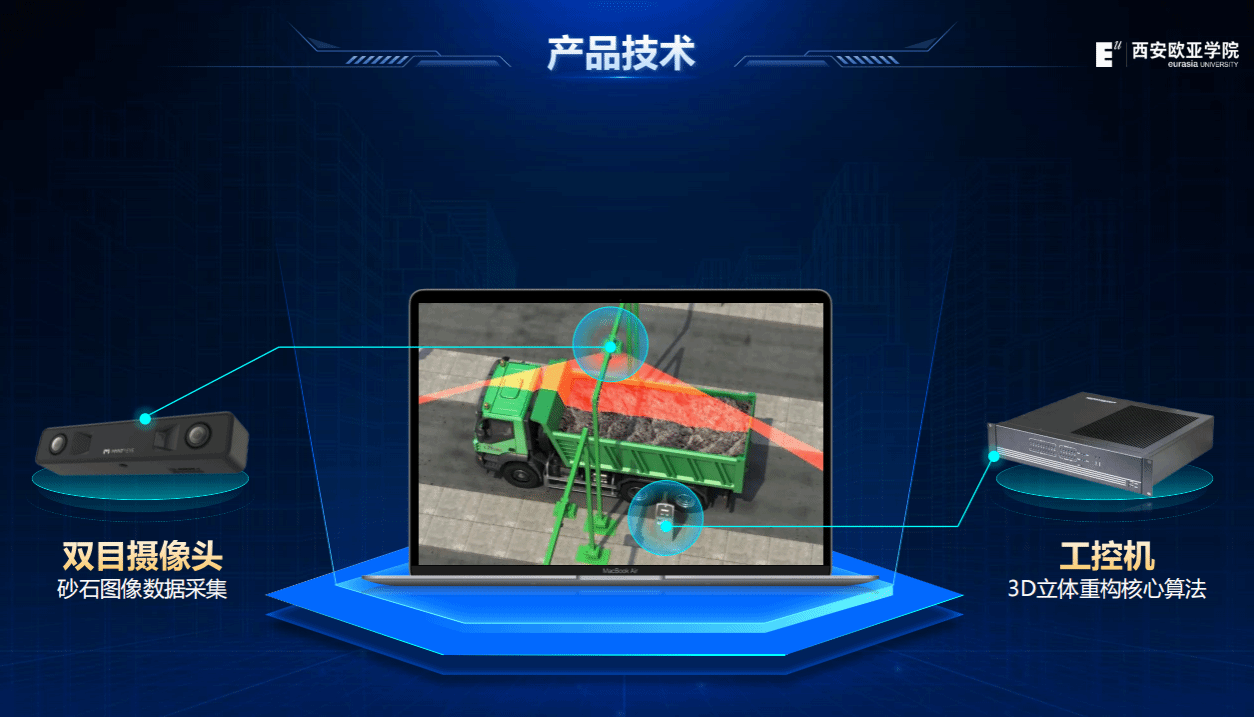
(Figure 6) "The Hawk-Eye": Stereo Vision for Volume Measurement Solution
When we discussed with the project mentor last year and noticed that this topic is more recognized in construction companies, so we decided to take this to the "Internet+" competition and see if the project can be further promoted to the market.
We have tested the project on a real construction site, which is probably one of our mentality in engineering, we always feel insecure when we have no practical result on hand. Therefore, for the "Internet+" competition, we took several years to accumulate and decided to participate in the competition with concrete project experience. We won first place in the inter-school competition, and then we kept refining the project and we marched forward from the provincial competition to the national final. The student who joined this project with us was successfully employed by the company and become a pillar engineer in the company.
Q: When do you usually start a more intensive stage in the preparation for the competition?
A: We often participate in the "Electronic Design Competition", which is also joked as a competition of "staying up late". We have once worked for four days and three nights without sleep in preparation. Therefore, the competition itself is a test for teachers and students from physical and mental state to intellectual. When we participated in this competition, we needed to turn the descriptions from a two-page question into an electronic system, which is literally starting from scratch. Since we were given only four days and three nights, it was a very difficult process for us to create.
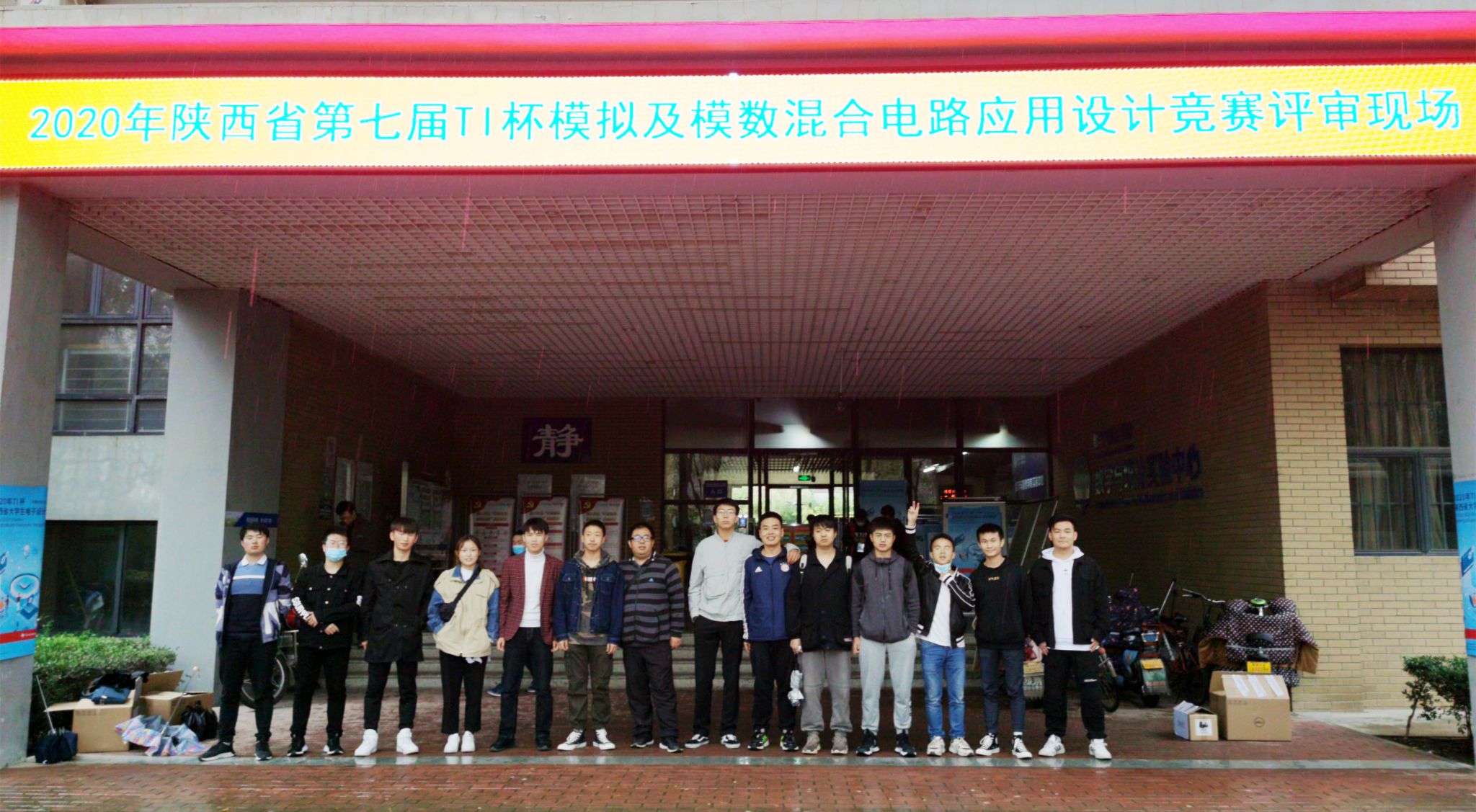
(Fig. 7) Group Photo of the Competition
When it was finished and tested, the judges even said that it was impossible for you to complete this task. Eventually, we were able to complete this task during the test and made the judges of other universities start to regard students of Xi'an Eurasia University with special respect. Even though our final ranking was not very high, it was already the best among the same type of institutions in Xi'an.
Q: What else does participation in competitions help students?
A: First of all, this kind of "Internet+" project can develop students' teamwork and expression abilities. Students who participated in the 2019 "Internet+" competition said when they graduated that they were like "donkeys being forced to dance" by me when they were purchased to participate in this kind of entrepreneurship competition. They were actually not so convinced and thought they should focus more on theoretical learning. When they graduated, they finally realize that the ability to communicate and express themselves were of the same significance.
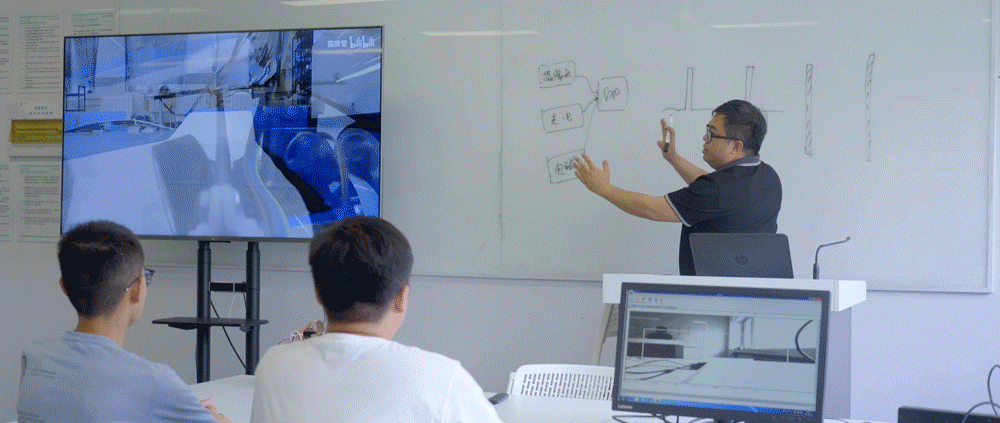
On the other hand, it's not always easy to compete and win. Not everyone can get a prize. Especially one year when the student team I leaded got nothing after a few competitions, they returned with frustration. Later, I thought about it and told them a couplet that reads "Where there is a will, there is a way. Heroes broke the kettle and sank the boat in the battle with the determination to finally conquer; The sky won't let hard-working people down if they can undergo self-imposed hardships and strengthen their resolve to smile until the end." And the horizontal scroll goes "Happiness Comes after Suffering". When we are being challenged, we should never be discouraged and lose faith to win. I think this is also a different experience that competitions can bring to our students.
04
Cultivating students into "human"
Q: You came to here in 2018, do you think there is any difference as a teacher in Xi'an Eurasia University?
A: I think the biggest difference is that I have more fun in Eurasia. For example, when I was teaching a class at the military academy, I also allowed students to have group discussions in the classroom. In Eurasia, we may see it as an ordinary approach, but in a more formal military academy, it may not be serious enough. But after I came here, I found that students in a class should be grouped for discussion and let the students get involved in learning freely.
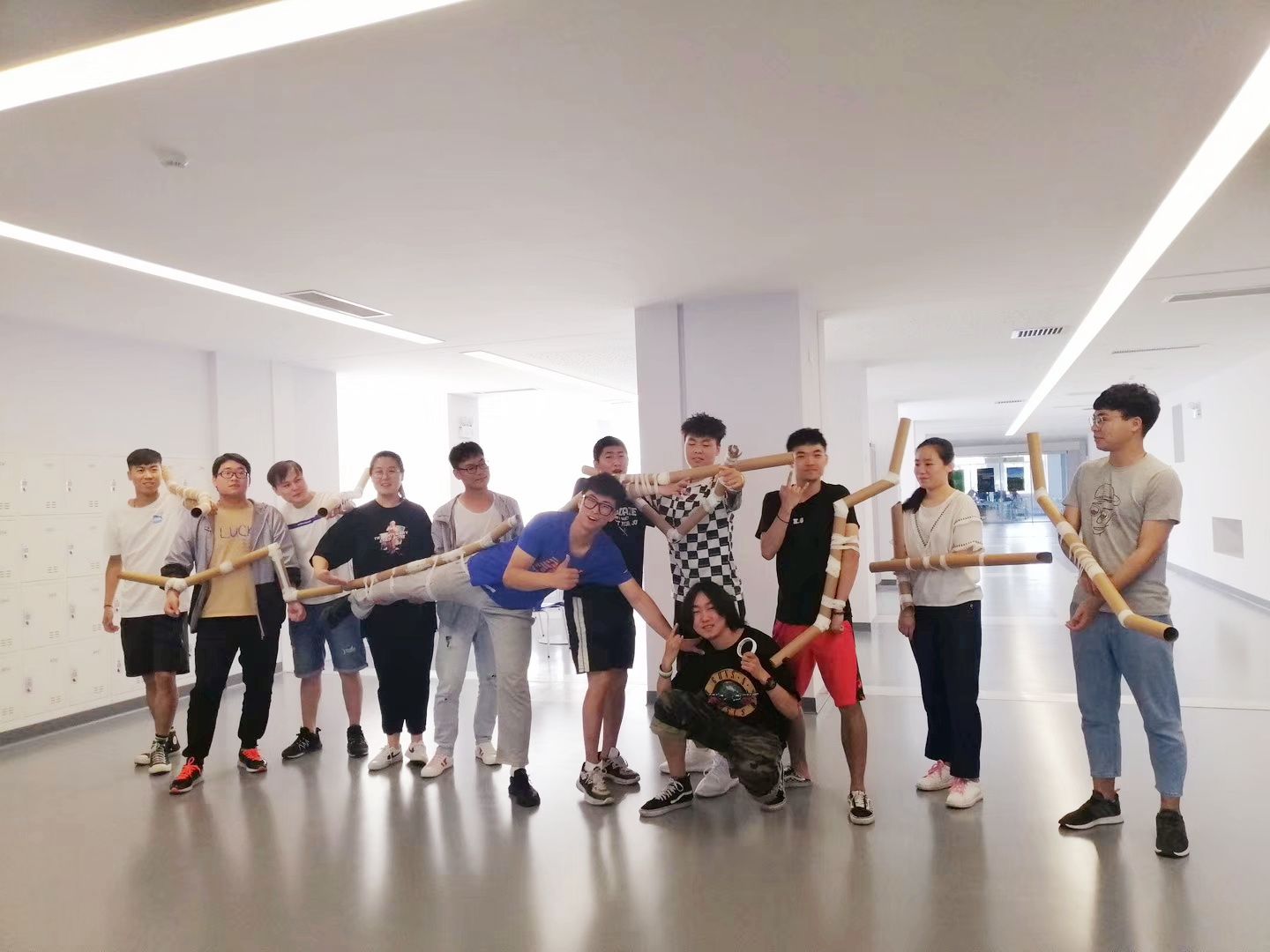
(Fig. 8) In Shen's Class
Q: Do you have any more impressive moments in teaching?
A: One year, "Future Technology Festival" was held by the School of Information Engineering, and there was a commendation ceremony for students who performed well in studies, competitions, or other areas. Then I found that students in my classes were nominated in every category and went up to receive awards. Later I took a picture with them in the school gym, with me squatting in the middle and all of them next to me, boys wearing a suit and tie, and girls all wearing dresses. In my eyes, that is their highlight moment, as well as a moment I was especially proud of them.
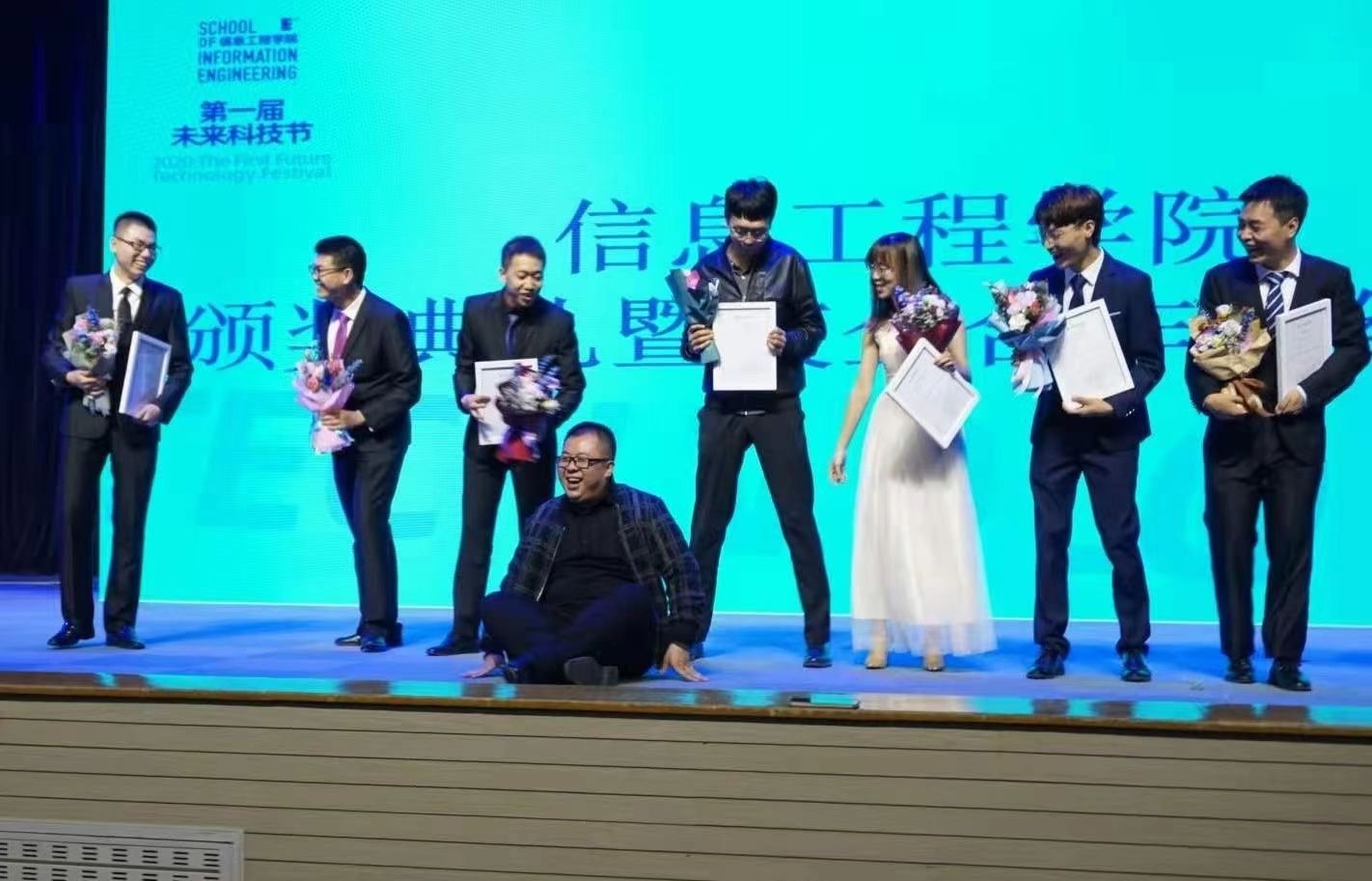
(Fig. 9) Shen and His Students
Q: In terms of education in your mind, what do you think is more important in teaching?
A: I think "education" is more about educating students to become "human", that is, I have to let them know what it is like outside, what society is like, how to embrace their futures, and let them understand that after they learn strong professional skills, they should use them to face the future.
Also, some students may not master professional skills like others, but at least they can communicate with other well. Similarly, that is the foundation for him to set his foot down. Therefore, I really hope that all of them can grow up and gain when they receive education so that they are competent and confident enough to embrace a bright future.



